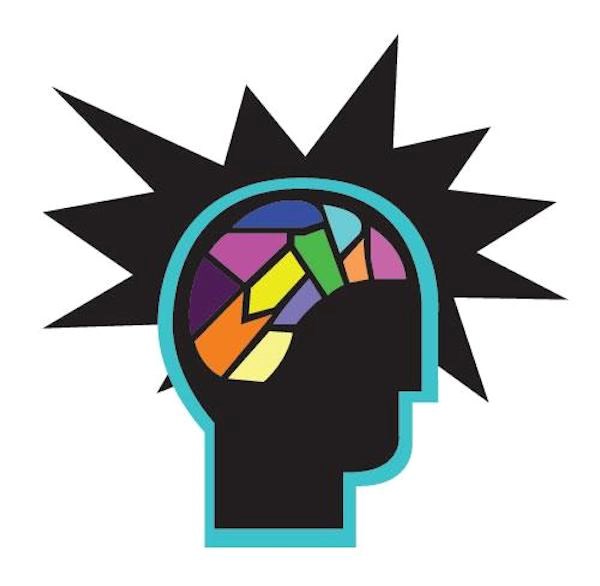Someone in Canada suffers a serious traumatic brain injury every 3three minutes of every day. That's almost 165,000 serious brain injuries per year. This does not include concussions, non-traumatic brain injuries, military injuries, or unreported cases.
The results of a recent survey conducted by Canadian brain injury associations revealed that approximately 61 per cent of respondents found general lack of awareness about brain injury a key issue.
Canadian brain injury associations are working together this year toward one common goal: raising awareness about the prevalence of brain injury, the challenges faced by those living with it every day, and how we can work together to ensure every individual is valued, supported and engaged in their communities.
The Brain Injury Association of North Bay and Area (BIANBA) currently has two full-time and two part-time employees. The Association is overseen by a volunteer Board of Directors, and receives no sustainable funding. Thanks to grants that we have received, we have been able to develop and implement programs in our communities that are helping our most vulnerable citizens. These programs include:
- Peer Support Program – this program is run province-wide and is overseen by the Ontario Brain Injury Association (OBIA). It connects Mentors with Partners for one-on-one dedicated support based on Partners’ circumstances and needs. All contact between Mentors and Partners is conducted over the phone.
- Virtual Support Program (“Brain Connect”) – this program was implemented with a grant received from the United Way, and provides people with acquired brain injuries with the use of technology (and necessary training) to enhance their quality of life, attend appointments virtually instead of in person, and stay connected with family and friends during the pandemic.
- Financial Abuse Education and Awareness (“AWARE”) – this program was implemented with a grant received from the Ontario Trillium Foundation, and has been providing virtual sessions on numerous subjects related to financial abuse and fraud. The goal is to educate vulnerable populations about various scams and ways they could be taken advantage of financially, and provides ways to avoid such situations and/or steps to take if someone has become a victim.
Acquired brain injury is defined as damage to the brain that occurs after birth. Brain injuries can have a variety of causes and affect every aspect of a person’s life. The statistics surrounding brain injury are astonishing. Approximately 1.5 million Canadians live with the effects of an acquired brain injury. Annual incidences of acquired brain injuries in Canada are:
- 30 times more common than breast cancer
- 44 times more common than spinal cord injuries
- 400 times more common than HIV/AIDS
Additionally, research suggests that there is a correlation between acquired brain injury and homelessness. In a 2012 study conducted by St. Michael’s Hospital, 45% of homeless men reported having a traumatic brain injury, and 87% of these individuals reported that their first injury occurred before the onset of homelessness.
The term physical distancing was introduced as a safety measure during the ongoing COVID-19 pandemic, but social and physical distancing is something that is often experienced by survivors of brain injury in their normal lives. Individuals with brain injury face environmental, cognitive, mental, emotional, physical, and societal barriers that cause increased isolation and affect daily living. And still as we all cope with months of separation from loved ones and restrictions from normal activities, those with brain injury are not considered or widely recognized. It’s time for that to change.



